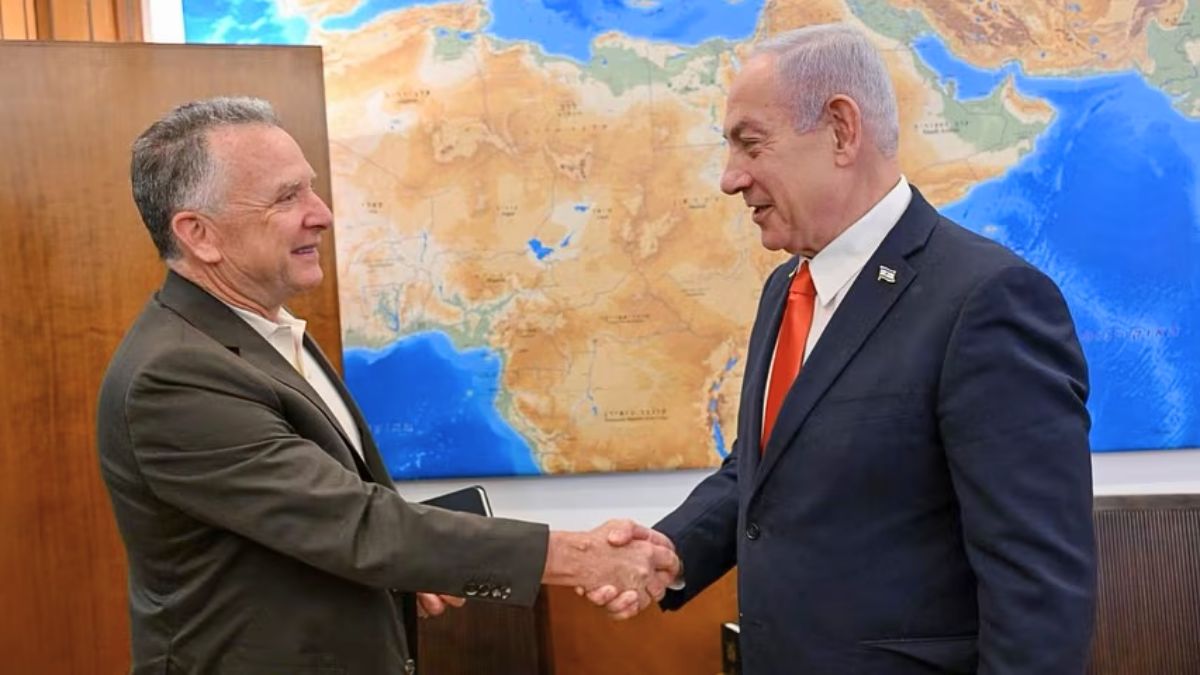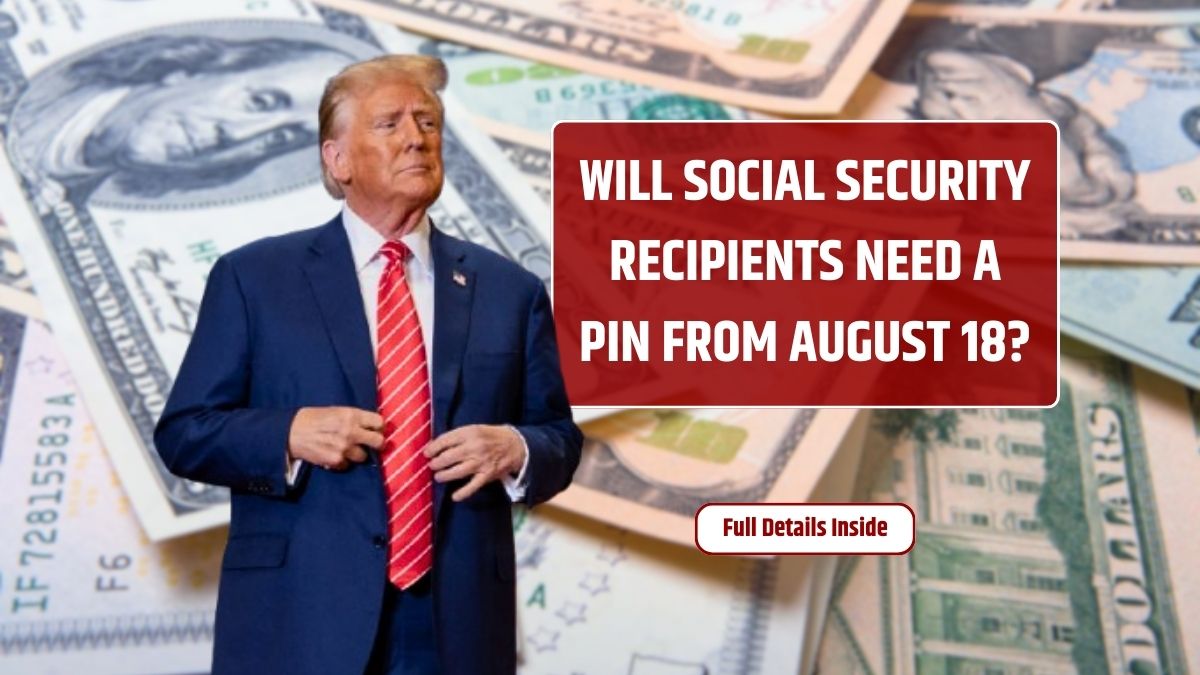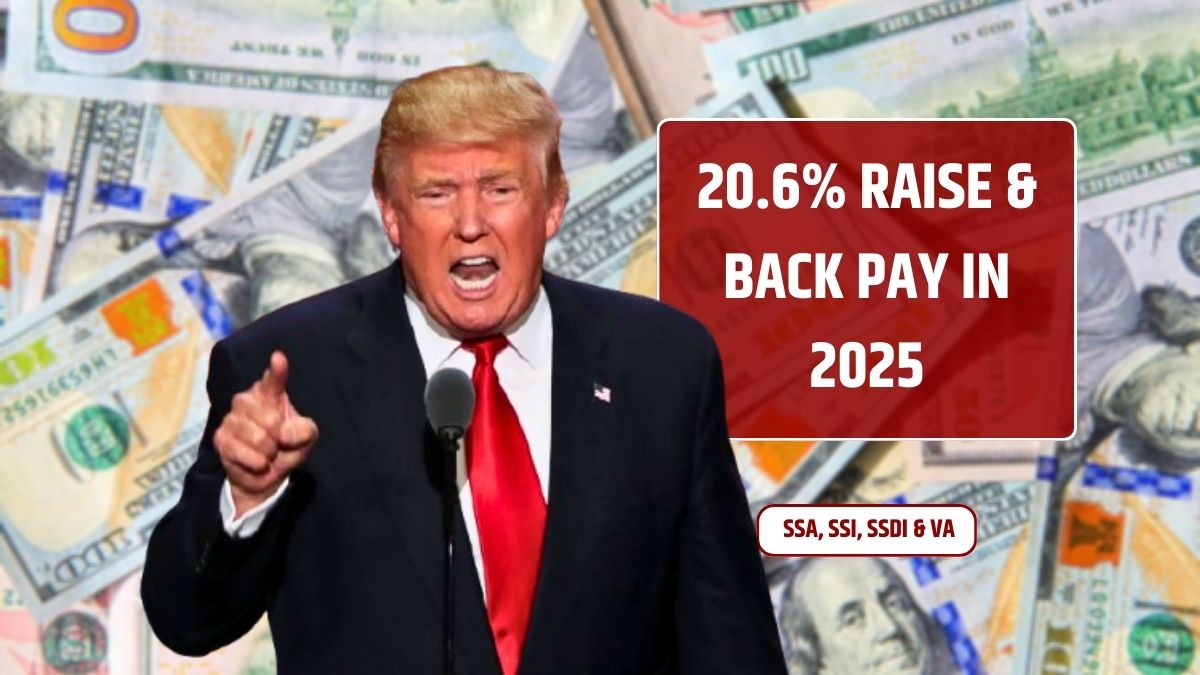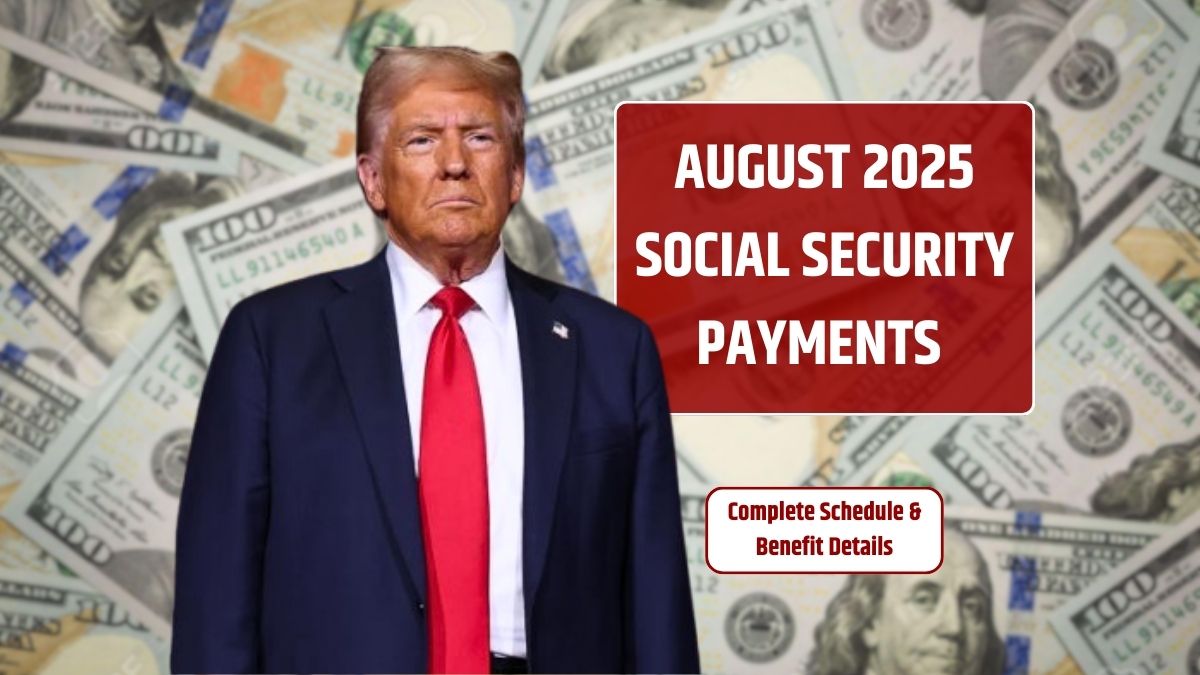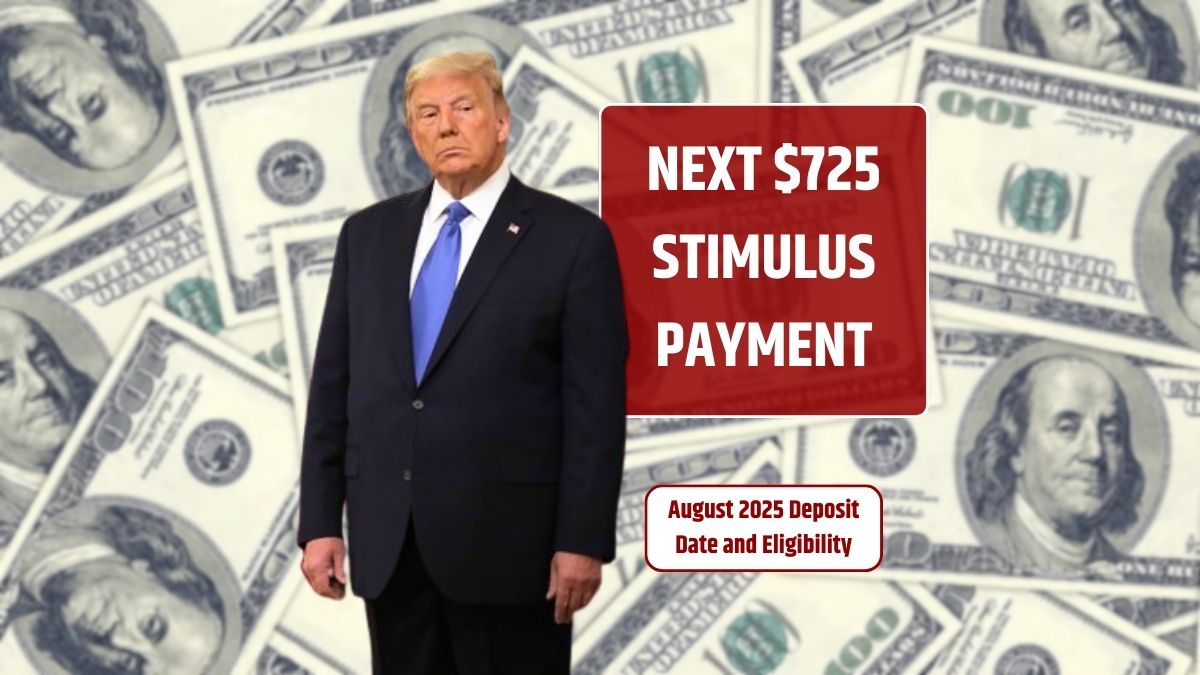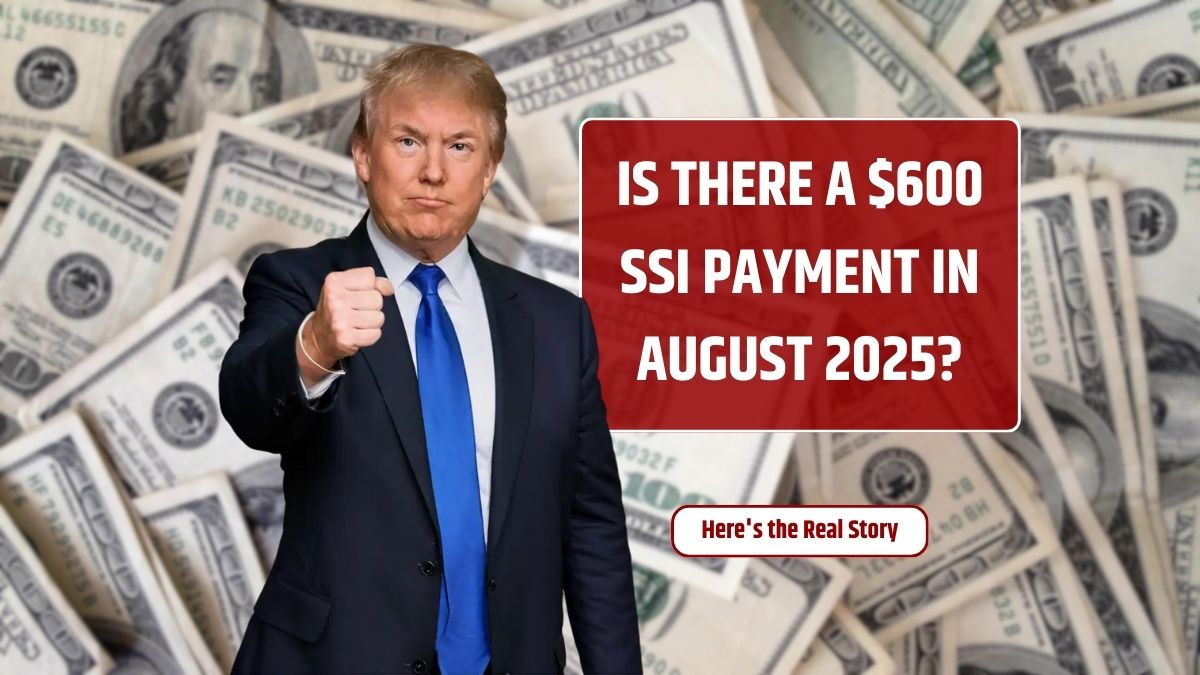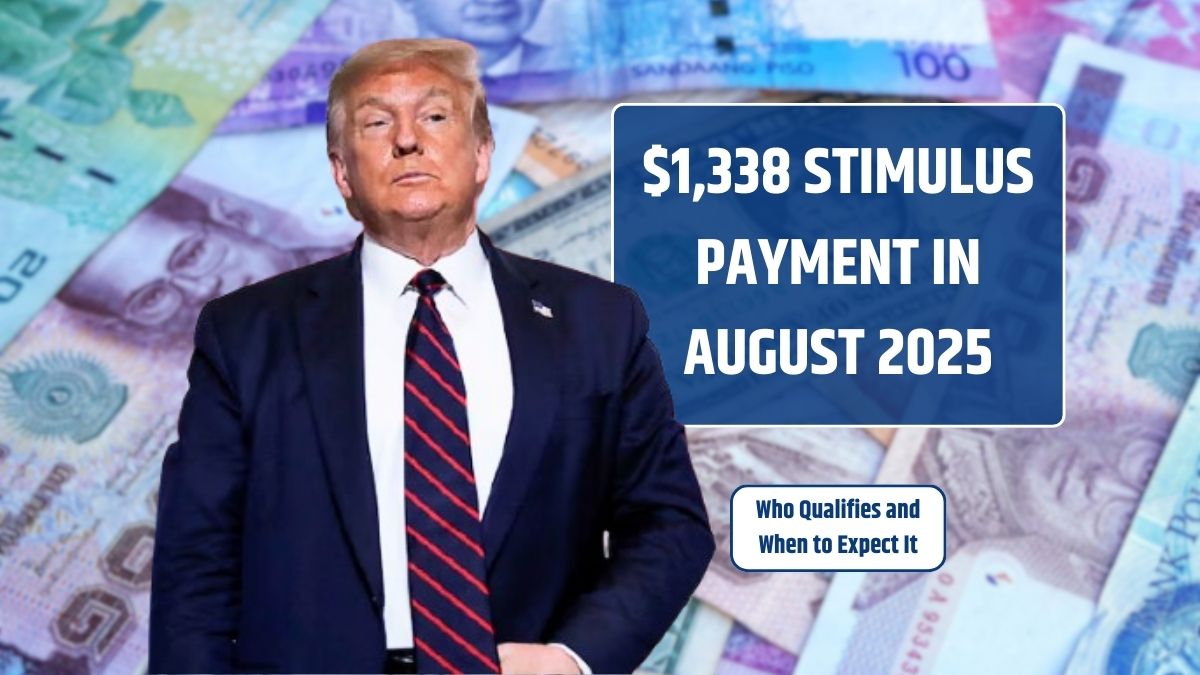U.S. Middle East envoy Steve Witkoff visited Gaza on Friday as part of a growing effort by the Trump administration to reshape how humanitarian aid is delivered in the war-torn territory. His trip comes during a severe food crisis, with Gaza on the brink of famine and global pressure building for the U.S. to act.
Witkoff was joined by U.S. Ambassador to Israel Mike Huckabee and spent over five hours on the ground assessing conditions. In a post on social media, he said they met with officials from the Gaza Humanitarian Foundation (GHF) and other aid groups to gather facts and help shape a new U.S. aid strategy. The visit is meant to brief President Trump and inform what comes next in the push to feed and medically support civilians in Gaza.
Strategy
GHF, a U.S.-funded and Israeli-backed aid group, has been central to Trump’s strategy, but it’s come under intense criticism. Hundreds of civilians have been killed while trying to get food at or near GHF sites, according to Palestinian health officials. Some were shot, others crushed in stampedes. Israel claims its troops only fire warning shots, though it admits to opening fire when people get too close to military positions.
Meanwhile, Senate Democrats are calling for an end to U.S. funding for GHF and a return to U.N.-led distribution, which they argue is safer and more effective. The State Department approved $30 million in funding for GHF in June, despite concerns from lawmakers and aid groups.
Trump’s Position
The humanitarian catastrophe in Gaza is becoming harder to ignore. Trump recently challenged Israeli Prime Minister Netanyahu’s claim that there’s no famine in Gaza. In a TV interview, Trump pointed to images of starving children and said bluntly that they “look very hungry.”
This week also saw political fallout inside the U.S. when Representative Marjorie Taylor Greene broke with many in her party to accuse Israel of genocide in Gaza, including against Christians. While her view is not widely shared among Republicans, it signals growing division within the U.S. over Israel’s handling of the war.
Hostage Deal Talks
Witkoff’s Gaza trip came one day after his meeting with Netanyahu in Jerusalem, where Israel’s leadership floated—for the first time publicly—a single, comprehensive deal to end the war. The idea would see Hamas surrender, give up its weapons, release all hostages, and allow the Palestinian Authority to potentially govern Gaza with support from Arab nations.
But that proposal faces huge political and logistical barriers. Israel’s finance minister, Bezalel Smotrich, and national security adviser, Itamar Ben Gvir, both far-right officials, have opposed any increase in aid deliveries to Gaza. They continue to push for Hamas’s total collapse and have publicly rejected phased or partial deals. Both were recently sanctioned by several Western countries for their extremist positions.
Roadblocks
While Israel considers its next steps, Hamas has already rejected terms for a two-stage ceasefire. Trump, for his part, wants a full end to the war but knows that convincing Hamas to release the roughly 50 remaining hostages—only 20 of whom are believed to be alive—will not be easy.
White House officials say the hostages are Hamas’s main leverage, and the group has shown no signs of negotiating in good faith. Meanwhile, polls in Israel show a majority of citizens now support a one-and-done deal to bring the war to a close and free the remaining captives.
Future of Gaza
Witkoff has also been tasked with building a “day after” plan for Gaza, which all parties—including the U.S., Israel, and several Arab states—agree must exclude Hamas from power. One possible plan includes placing Gaza under the control of the Palestinian Authority, backed by an Arab-led peacekeeping force.
But the State Department complicated that idea this week by imposing new sanctions on the Palestinian Authority and the PLO. Several members were denied visas due to alleged support for terrorism, although the U.S. did not name names.
Experts say these measures send a mixed message. Michael Singh, a former National Security Council official, said the sanctions might make a political point but won’t change much on the ground. What’s really lacking, he argued, is U.S. support for Palestinian groups that align with American values and goals.
Right now, there’s no clear road ahead. Gaza continues to suffer, aid remains heavily restricted, and peace talks are mired in mistrust. As Witkoff prepares to brief Trump, the world waits to see whether this new visit will lead to any meaningful shift—or just more rhetoric.
FAQs
Why did Steve Witkoff visit Gaza?
To assess conditions and help craft a new U.S. aid plan.
What is GHF in Gaza?
An Israeli-backed, U.S.-funded group distributing aid in Gaza.
Is the U.S. considering a new peace deal?
Yes, a single deal for ceasefire, disarmament, and hostage release.
What is the U.S. stance on Gaza’s future?
Gaza must not be ruled by Hamas; PA may take over with help.
Why were PA officials sanctioned?
For alleged ties to terrorism, according to the State Department.

